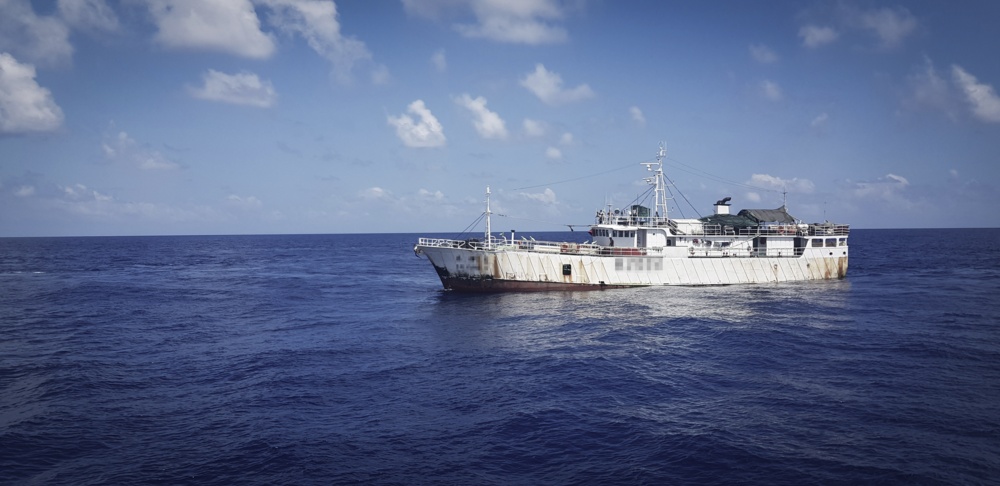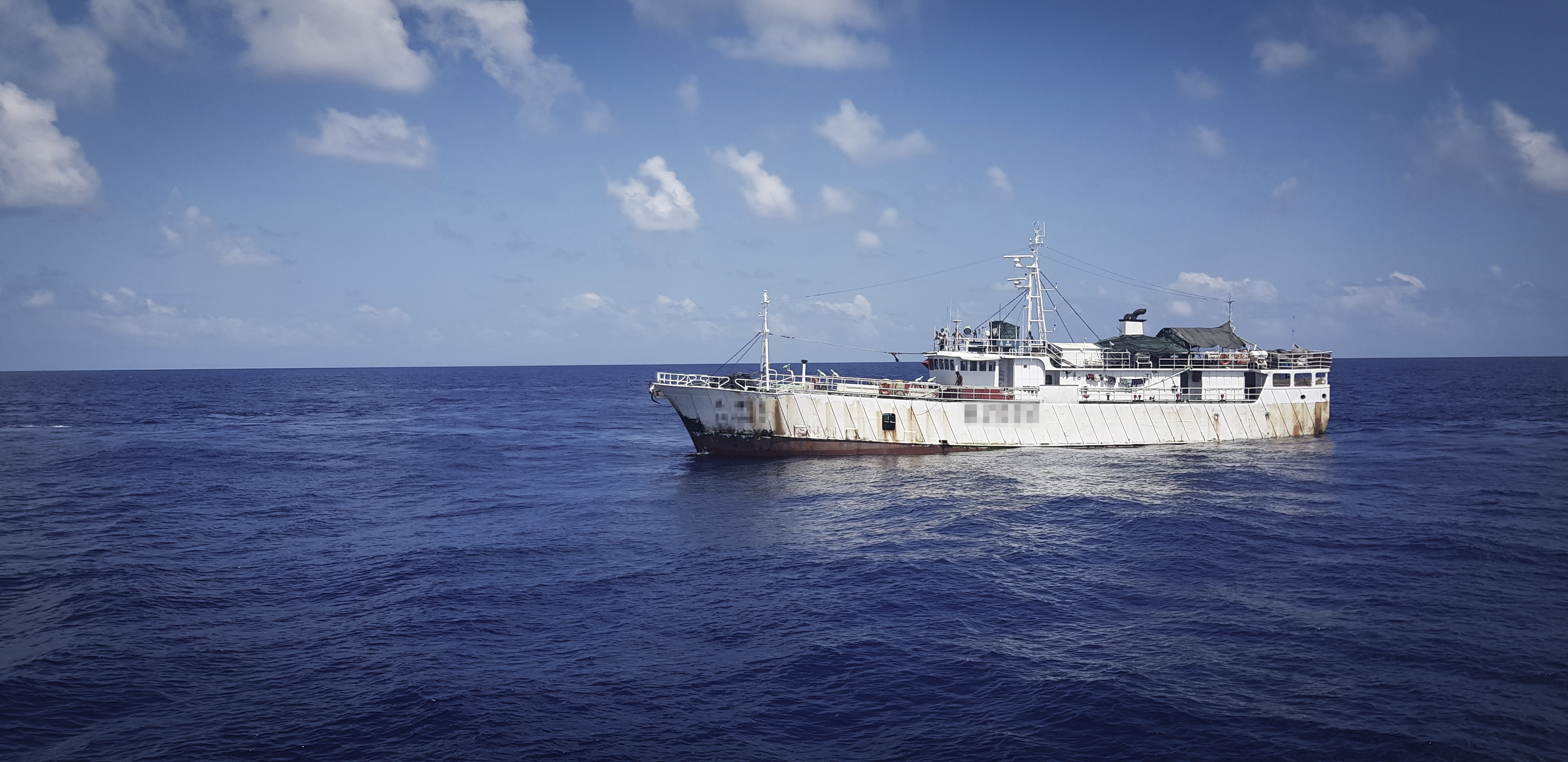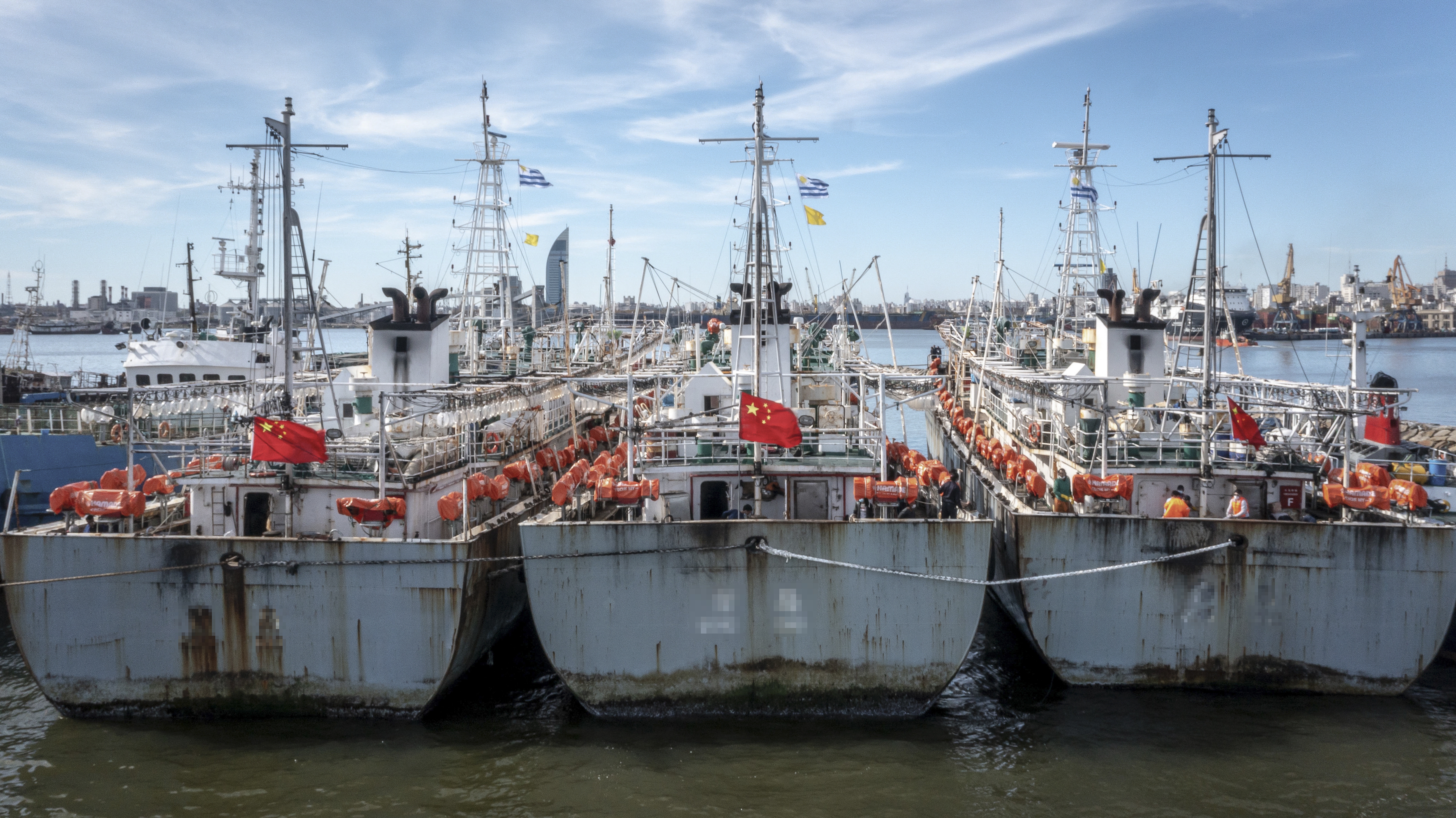
European Parliament Committee on Fisheries calls for greater scrutiny of China's distant water fleet
Today, the European Parliament Committee on Fisheries unanimously adopted, in full, a report on the implications of Chinese fishing operations on EU fisheries.
The size of China’s fleet, coupled with the high instances of illegal, unreported and unregulated (IUU) fishing and human rights (HR) abuses it is responsible for, threatens socio-economic stability and inflicts human and ecological harm globally. In 2022, EJF exposed 554 suspected IUU/HR abuses involving the Chinese Distant Water Fleet across the world’s ocean in just three years, from 2019 to 2022.
This means it is key that the EU steps up its ability to act. Illegal fishing is often associated with forced labour, including in distant water fleets from outside the EU. Like illegal fishing, forced labour is a global problem which can directly undercut legal operators in the EU. Unlike illegal fishing, the EU currently lacks tools to incentivise non-EU governments to take action against forced labour.
The Forced Labour Regulation currently under negotiation in the European Parliament should change this by introducing a ‘carding system’ for forced labour, as the fisheries committee has recommended. This report is a step in the right direction; now we need concrete action to eradicate forced labour at the source.
ENDS
Notes to editors:
The EU is a key market for Chinese fisheries products. Today’s vote demands that the European Commission calls for more transparency by taking measures to stop the use of flags of convenience. It also calls for public access to information on the ownership of fishing vessels, and for improvements to the EU’s system for identifying vessels engaged in IUU fishing or human rights violations.
It is also important that this vote calls on the Commission to ensure that all actors involved move towards rapid, uniform and global implementation of the CATCH IT system. This system is set up to help Member States detect fisheries products linked to illegal fishing, while simplifying checks, but it will only achieve its objective if it is fully implemented.
SIGN UP FOR OUR EMAILS AND STAY UP TO DATE WITH EJF

